Blog
10 Essential Junk Car Parts You Need to Know for Your DIY Auto Repairs
When embarking on DIY auto repairs, understanding the crucial components that junk car parts offer can make all the difference. These discarded vehicles not only provide a cost-effective solution for sourcing spare parts but also represent a treasure trove of opportunities for car enthusiasts and DIYers alike. By carefully selecting and salvaging the right junk car parts, you can breathe new life into your vehicle while also saving money and resources.
This guide will delve into ten essential junk car parts that every DIY mechanic should be familiar with. From engines and transmissions to smaller components like lights and mirrors, each part plays a vital role in the overall functionality of your vehicle. By knowing where to look and what to prioritize, you can enhance your repair projects and tackle car issues with confidence. With an increasing number of vehicles ending up in junkyards, now is the perfect time to explore the endless possibilities that come with repurposing junk car parts for your automotive needs.
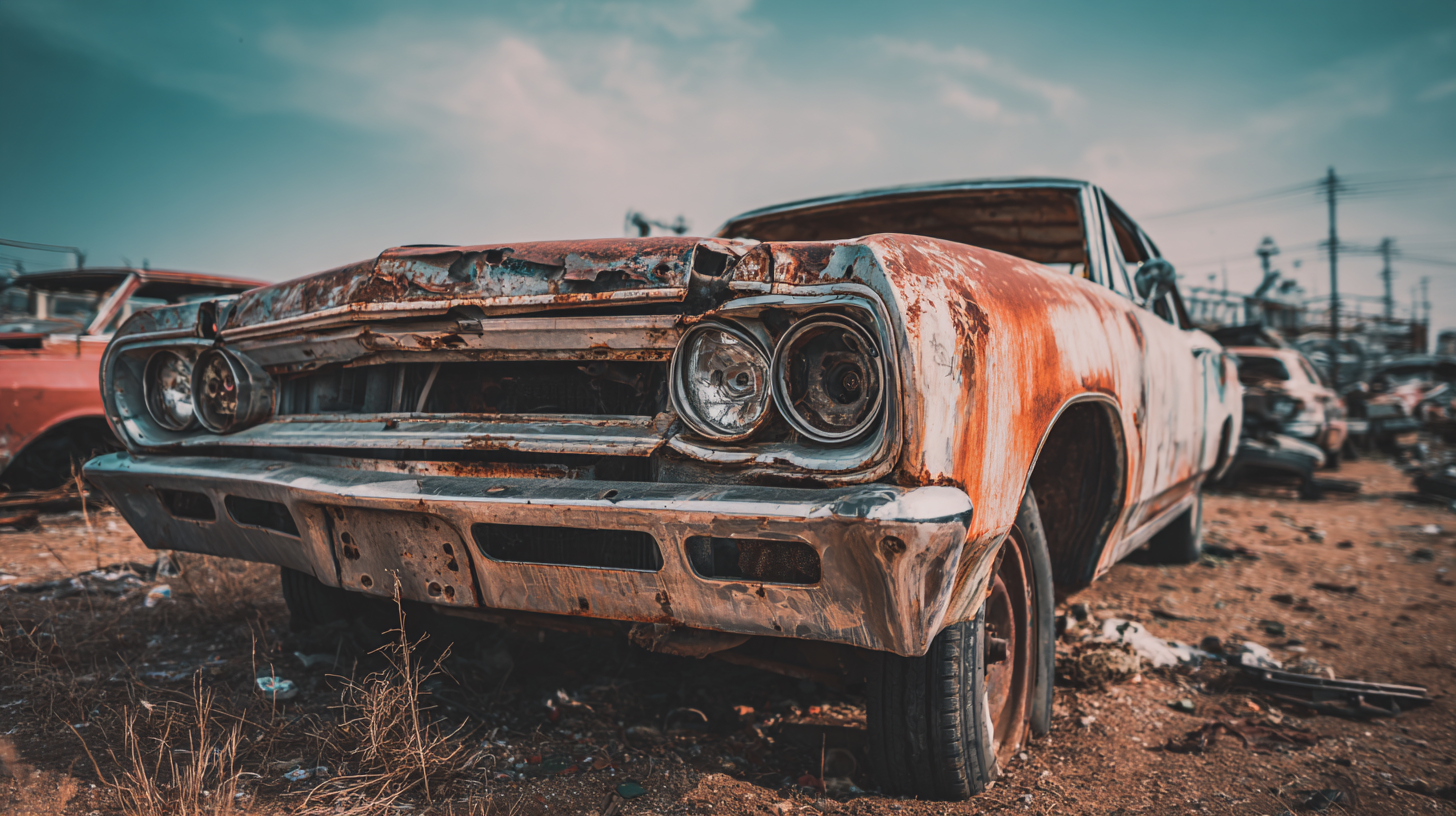
Essential Engine Components for DIY Repairs
When tackling DIY auto repairs, understanding essential engine components is crucial. A well-functioning engine relies on several key parts, such as the spark plugs, which play a vital role in igniting the air-fuel mixture. Regularly inspecting and replacing worn spark plugs can significantly improve engine performance and fuel efficiency. Additionally, the timing belt is another critical component that should not be overlooked. A worn or damaged timing belt can lead to severe engine damage, so it’s essential to adhere to the manufacturer’s replacement intervals.
Tips: Always consult your vehicle’s manual for specifications related to spark plug types and timing belt replacement schedules. Keeping a record of all maintenance activities helps ensure you address potential issues before they escalate, saving both time and money.
Another important part to consider is the fuel injector. Clogged or malfunctioning injectors can lead to poor engine performance and reduced gas mileage. Cleaning or replacing these injectors can rejuvenate your engine's efficiency. Additionally, don’t forget about the air filter; a clean air filter ensures optimal air intake, promoting better combustion and overall engine health.
Tips: Consider using a fuel injector cleaner as a preventative measure to maintain their efficiency. Regularly check and replace the air filter, as a simple action can have a significant impact on your vehicle’s performance.
10 Essential Junk Car Parts You Need to Know for Your DIY Auto Repairs
| Part Name | Function | Common Issues | Replacement Tips |
|---|---|---|---|
| Engine | Provides power to the vehicle | Oil leaks, overheating | Regular oil changes can prolong life |
| Transmission | Transfers power from engine to wheels | Slipping gears, fluid leaks | Check fluid levels frequently |
| Alternator | Charges the vehicle's battery | Weak battery, electrical issues | Inspect drive belt condition |
| Starter Motor | Starts the engine | Engine won’t crank, clicking sounds | Check battery before replacing |
| Radiator | Cools the engine | Overheating, leaks | Flush coolant regularly |
| Brake System | Slows or stops the vehicle | Squeaking, reduced responsiveness | Replace pads and discs as needed |
| Fuel Pump | Delivers fuel to the engine | No start, stalling | Check fuel filter regularly |
| Exhaust System | Reduces noise and emissions | Loud noises, rust | Inspect for leaks and damage |
| Suspension System | Ensures smooth ride | Bouncing, misalignment | Check shocks and struts condition |
| Battery | Stores energy for electrical components | Dead battery, corrosion | Clean terminals regularly |
Key Transmission Parts to Understand for Auto Fixes
Understanding key transmission parts is crucial for anyone looking to perform DIY auto repairs on junk cars. The transmission is a complex system that transfers power from the engine to the wheels, making it essential for vehicle operation. Key components include the transmission fluid, which lubricates the system and ensures smooth shifting, and the torque converter, which helps in converting engine power into rotational energy. Recognizing how these parts function can significantly enhance your repair skills and confidence.
Another vital part of the transmission is the gear assembly, which includes various gears that control the vehicle's speed and torque. Familiarizing yourself with the different types—such as automatic and manual transmissions—will help you diagnose issues effectively. Additionally, understanding the role of the drive shafts and bearings will enable you to identify and address common problems that may arise, such as vibrations or unusual noises. By gaining insight into these essential transmission components, you can improve your DIY auto repair efforts and keep your junk car running smoothly.
Crucial Electrical Components in Junk Cars for Repair Projects
When it comes to DIY auto repairs, understanding the crucial electrical components found in junk cars can save you time and money. Key parts like the alternator, starter motor, and battery are often in good condition in junk vehicles and can be easily repurposed. The alternator is vital for charging the car’s battery and powering the electrical system while the engine runs, making it a prime candidate for reuse.
**Tip:** Before scavenging for parts, familiarize yourself with how to safely disconnect the battery. This ensures you won’t accidentally short-circuit any components, keeping both you and the salvageable parts safe during your project.
In addition to the alternator, don’t overlook the wiring harness, fuses, and relays. The wiring harness is essential for connecting various electrical components, while fuses protect the circuits from overloading. Relays, on the other hand, help to control the electrical flow safely. Collecting these parts can enhance your repair projects and ensure that your vehicle runs efficiently.
**Tip:** Always test used electrical components before installation. A simple multimeter can help you check for continuity and ensure that the parts you’ve salvaged are functioning properly, leading to a more effective repair in the long run.
Important Suspension and Steering Parts for DIY Mechanics
When undertaking DIY auto repairs, understanding the essential suspension and steering parts is crucial for maintaining vehicle safety and performance. Critical components such as struts, shocks, control arms, and sway bars play significant roles in ensuring your car handles well on the road. According to a report by the Automotive Aftermarket Suppliers Association (AASA), the U.S. automotive aftermarket is projected to reach $300 billion by 2025, emphasizing the importance of reliable suspension and steering parts in the DIY repair market.
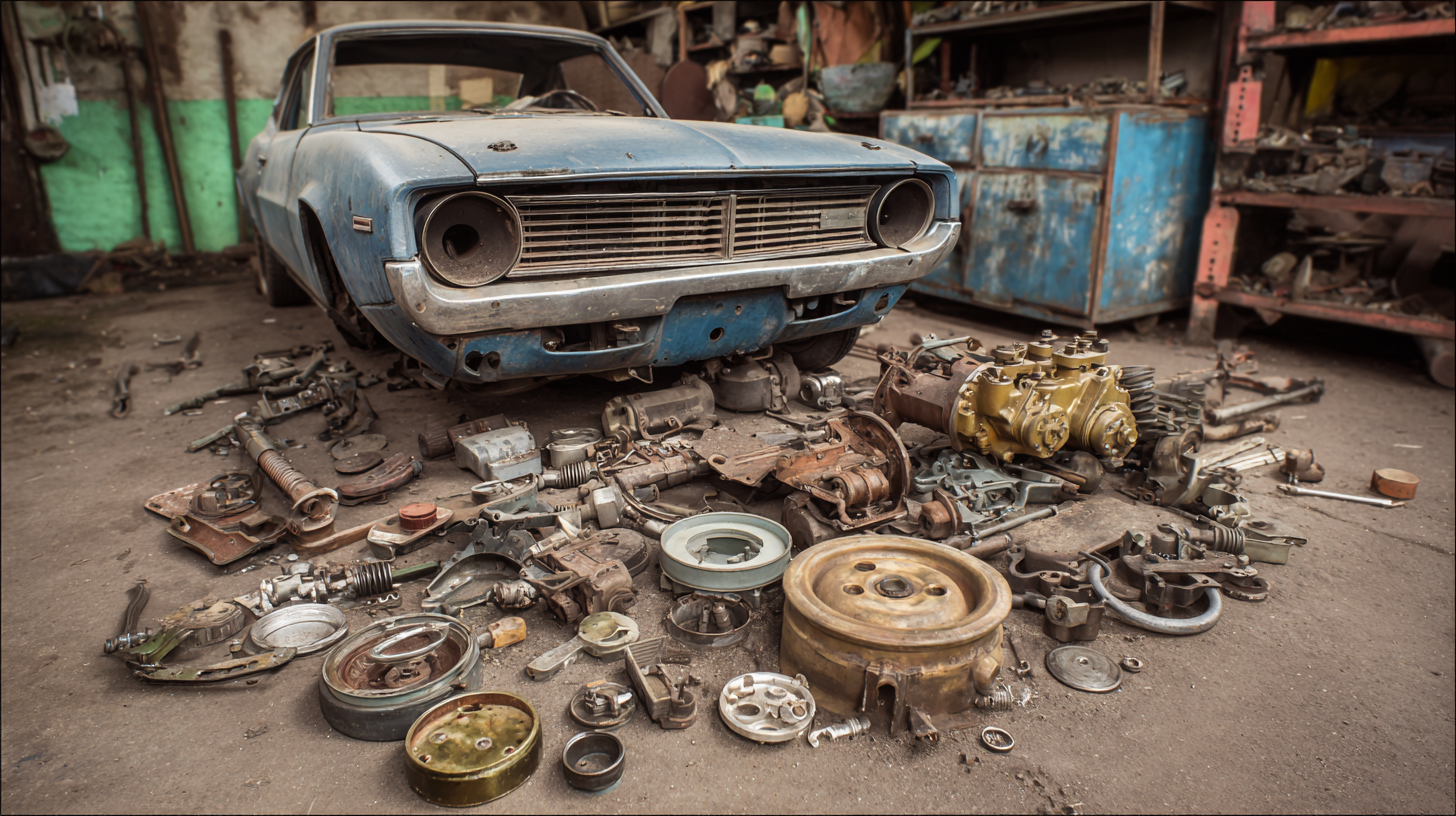
Struts and shocks, for instance, are vital for absorbing road bumps and maintaining vehicle stability. A well-functioning suspension system not only enhances ride comfort but also improves tire life and reduces wear and tear. A study conducted by the National Highway Traffic Safety Administration (NHTSA) shows that over 10,000 accidents annually are attributed to steering and suspension-related issues. Consequently, DIY mechanics must prioritize these components in their repair and maintenance routines to ensure optimal vehicle performance and safety.
Essential Safety Features to Salvage from Junk Cars for Repairs
When it comes to DIY auto repairs, salvaging essential safety features from junk cars can significantly enhance the reliability of your vehicle. Safety components such as airbags, anti-lock braking systems (ABS), and electronic stability control (ESC) are invaluable.
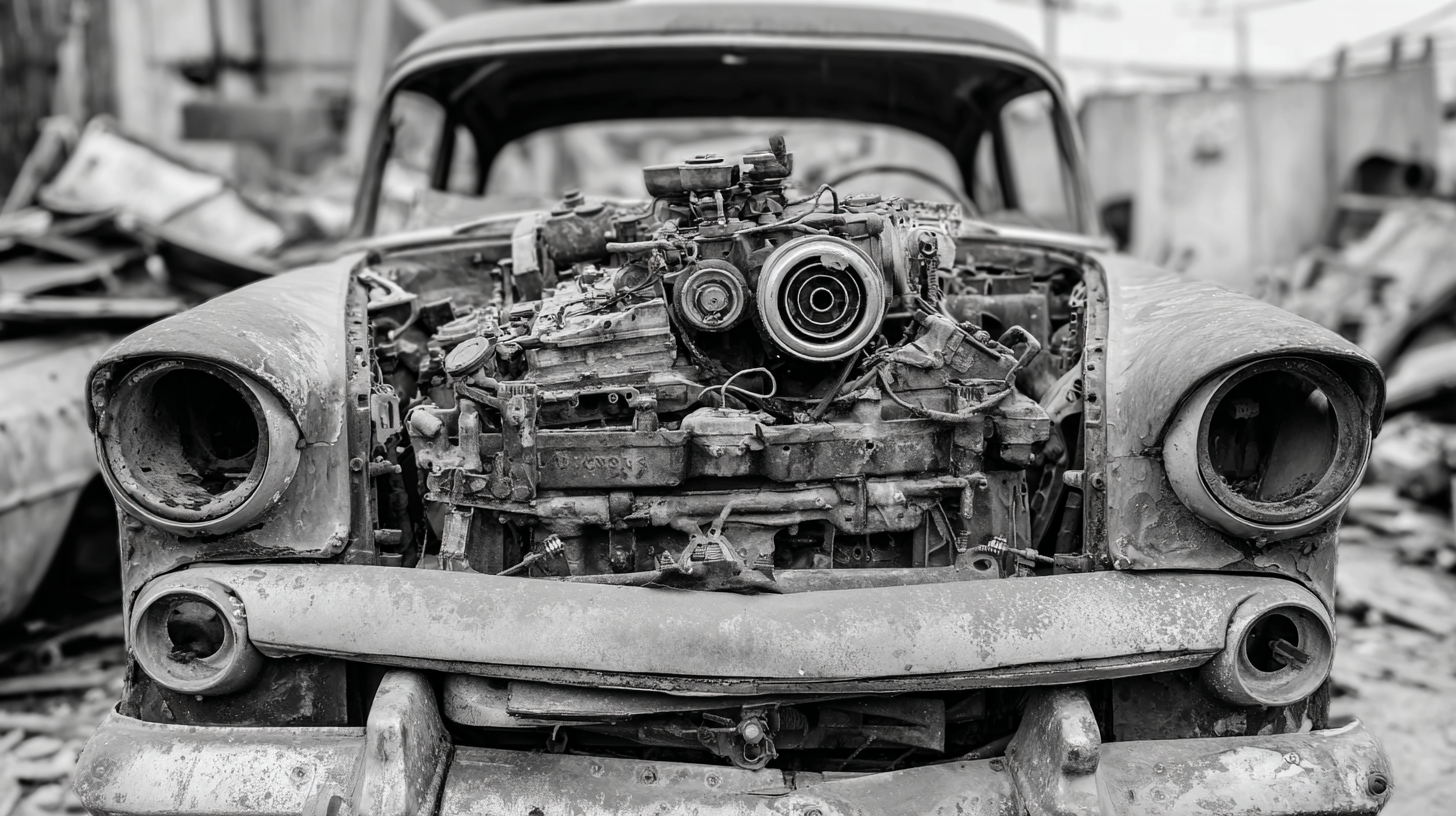 Airbags are designed to deploy in the event of an accident, providing crucial protection. With the right tools, you can safely remove these units from a junk car and install them in your vehicle, ensuring you benefit from advanced safety measures that can mitigate injury during collisions.
Airbags are designed to deploy in the event of an accident, providing crucial protection. With the right tools, you can safely remove these units from a junk car and install them in your vehicle, ensuring you benefit from advanced safety measures that can mitigate injury during collisions.
In addition to airbags, consider extracting brake components and seat belts from junk cars. Seat belts are the first line of defense in any vehicle and today's models often include advanced tensioning systems that enhance their effectiveness. By salvaging high-quality brake components, such as brake pads and calipers, you can upgrade your vehicle’s stopping power. This not only improves safety but can also enhance overall performance. Thus, understanding which parts to salvage not only promotes safety but also fosters a more sustainable approach to automotive repair, making the most of what junk cars have to offer.
Related Posts
-
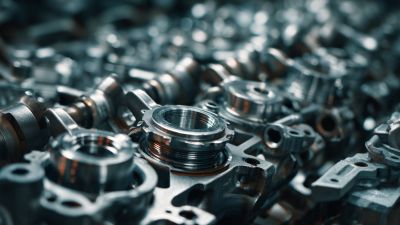
Understanding the Importance of Quality Auto Parts for Vehicle Safety and Performance
-
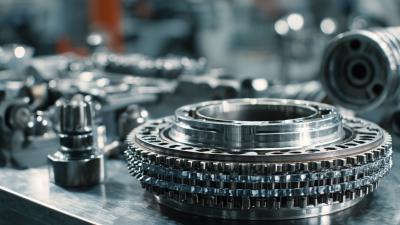
Understanding the Essential Role of Auto Parts in Vehicle Performance and Safety
-
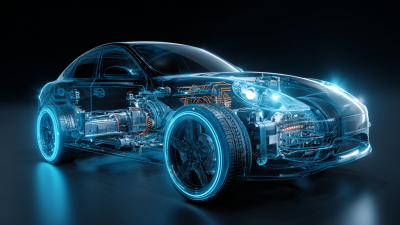
Exploring the Future of Auto Parts Innovation in Electric Vehicle Technology
-

The Future of Eco Cars Exploring Sustainable Innovations for a Greener Planet
-
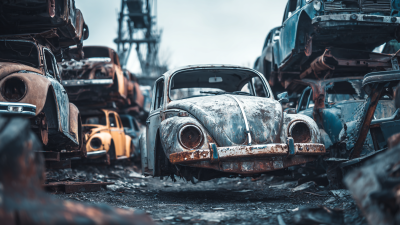
Unlocking Sustainability: How Car Recycling Parts Contribute to a Greener Future
-
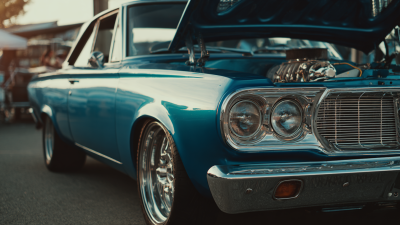
Essential Motor Parts: Your Ultimate Guide to Upgrading Vehicle Performance
Logel’s Auto Parts
116 Bridge St East
Kitchener, Ontario
N2K 1J6
Phone: 519-745-4751
Toll Free: 1-800-818-9118
Hours 8:00-5:00 Monday to Friday
At Logel’s Auto Parts, we serve a range of communities in Southern Ontario, including:



